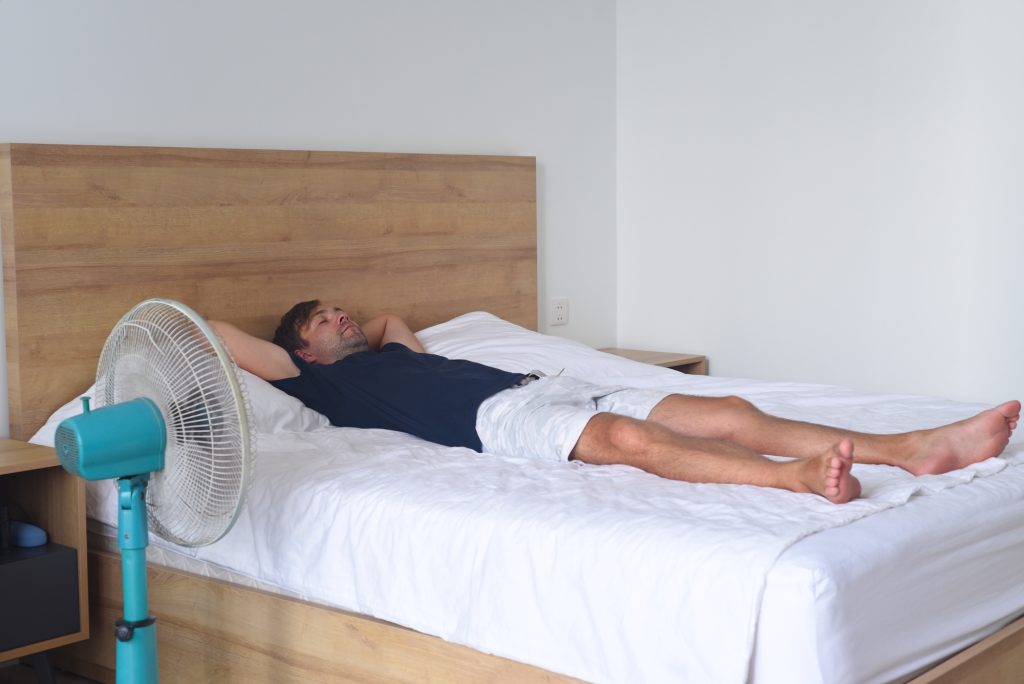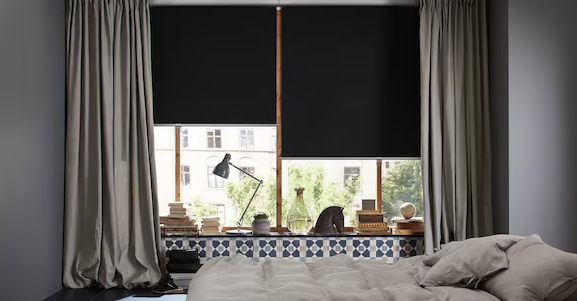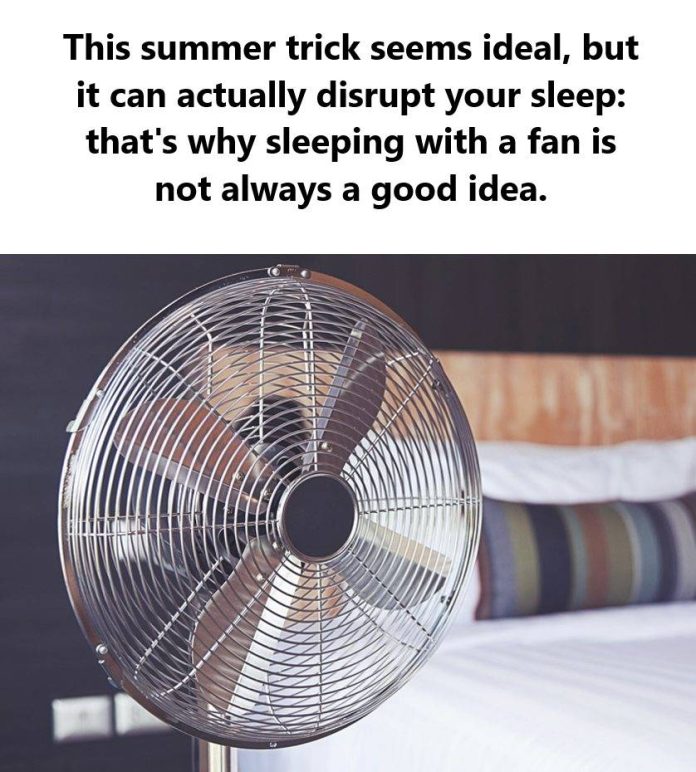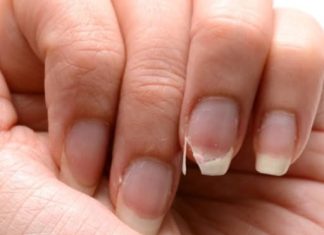As temperatures begin to rise during spring and summer, many of us instinctively reach for a fan. The idea of cool air circulating in the room while we drift off to sleep can seem like a perfect solution to beating the heat. However, while fans do provide relief, they can also come with some unexpected drawbacks that might make you reconsider their nightly use.
In this article, we’ll explore the hidden downsides of sleeping with a fan, and offer practical alternatives for staying cool at night—without compromising your comfort or health.

The Downside of Constant Air Circulation
1. Dry Air and Dehydration Risks
One of the biggest issues with using a fan overnight is the drying effect it has on the air. Fans continuously circulate air around the room, which may lead to lower humidity levels. This, in turn, can result in:
- Dry skin
- Chapped lips
- Irritated or dry eyes
- Dry nasal passages and throat
Those who already suffer from eczema or other skin conditions may find their symptoms aggravated after a night of exposure to fan-driven airflow. Similarly, people who wear contact lenses or suffer from dry eye syndrome might wake up feeling even more discomfort.
2. Allergy and Asthma Flare-Ups
Fans don’t just circulate cool air—they also stir up the tiny particles that are already present in your room, including:
- Dust mites
- Pet dander
- Pollen
- Mold spores
If you suffer from allergies or asthma, this can lead to worsened symptoms such as sneezing, congestion, itchy eyes, or even wheezing during the night. A cleaner room can help, but even then, microscopic allergens can still find their way into the airflow and into your respiratory system.
Tip: Consider using an air purifier in place of a fan if you’re highly sensitive to airborne allergens.
3. Muscle Stiffness and Cramps
Sleeping with a fan blowing directly on you—especially towards your neck, shoulders, or back—can cause muscle stiffness or even morning cramps. As your body temperature drops during deep sleep, the additional cooling from the fan can cause muscles to tense up or become sore by the time you wake. This is particularly common among:
- People who sleep without a blanket
- Those who already have neck or back pain
- Light sleepers who don’t shift positions often at night
The discomfort may not be immediately noticeable but can accumulate over time, leaving you feeling more fatigued than refreshed in the morning.
4. Distracting or Irritating Noise
While some people find the white noise of a fan to be calming, others find it disruptive—especially if the fan:
- Squeaks
- Rattles
- Buzzes inconsistently
Poor sound quality or mechanical wear can turn your fan into a nighttime nuisance, disturbing your sleep cycles without you even realizing it.
How to Stay Cool Without a Fan
If you’re now reconsidering the use of a fan at night, you’re not alone. The good news is that there are several effective and natural ways to keep your bedroom cool—without the drawbacks associated with fans.
Here are some expert-approved suggestions:

1. Block Out Daytime Heat
Keep windows, curtains, and blinds closed during the hottest part of the day.
Use blackout curtains or thermal drapes to insulate your space from heat.
2. Choose Breathable Bedding
Sleep with light, breathable fabrics like cotton or linen.
Avoid synthetic materials that trap heat and moisture.
3. Cool Your Bed
Use a cooling gel pillow or a pillow insert designed to regulate temperature.
Fill a hot water bottle with cold water and place it under your knees or near your feet.
Consider using bamboo sheets, which naturally stay cooler than cotton.
4. Take a Lukewarm Shower
Taking a lukewarm—not cold—shower before bed helps lower your core temperature gradually and relaxes your muscles for sleep.
5. Stay Hydrated
Drink enough water throughout the day, but avoid large amounts right before bed to prevent frequent bathroom trips.
Add electrolytes if you’re sweating more than usual.
Sleeping with a fan can be a quick fix for hot nights, but it’s important to weigh the potential downsides—especially if you’re prone to allergies, muscle pain, or dry skin. Instead of relying solely on artificial air movement, take a more holistic approach to sleep comfort by optimizing your sleeping environment.
After all, getting a good night’s rest shouldn’t come at the expense of your health. So the next time the heat rises, consider these alternatives—and wake up truly refreshed.

















